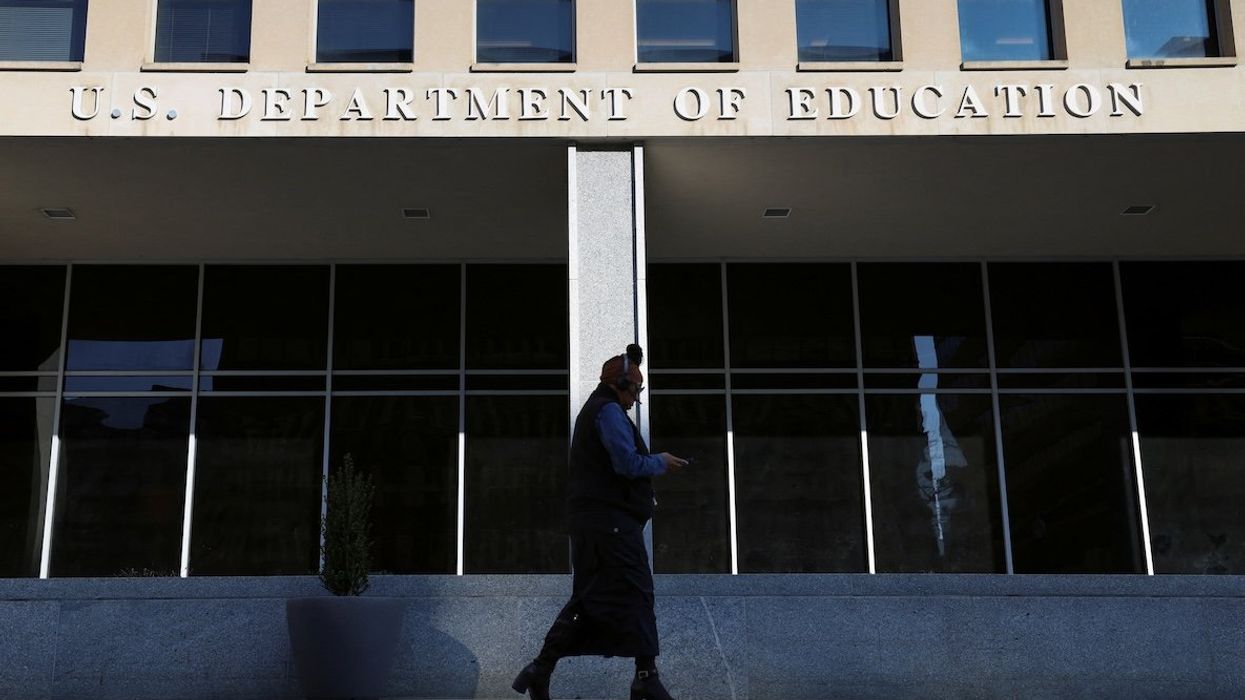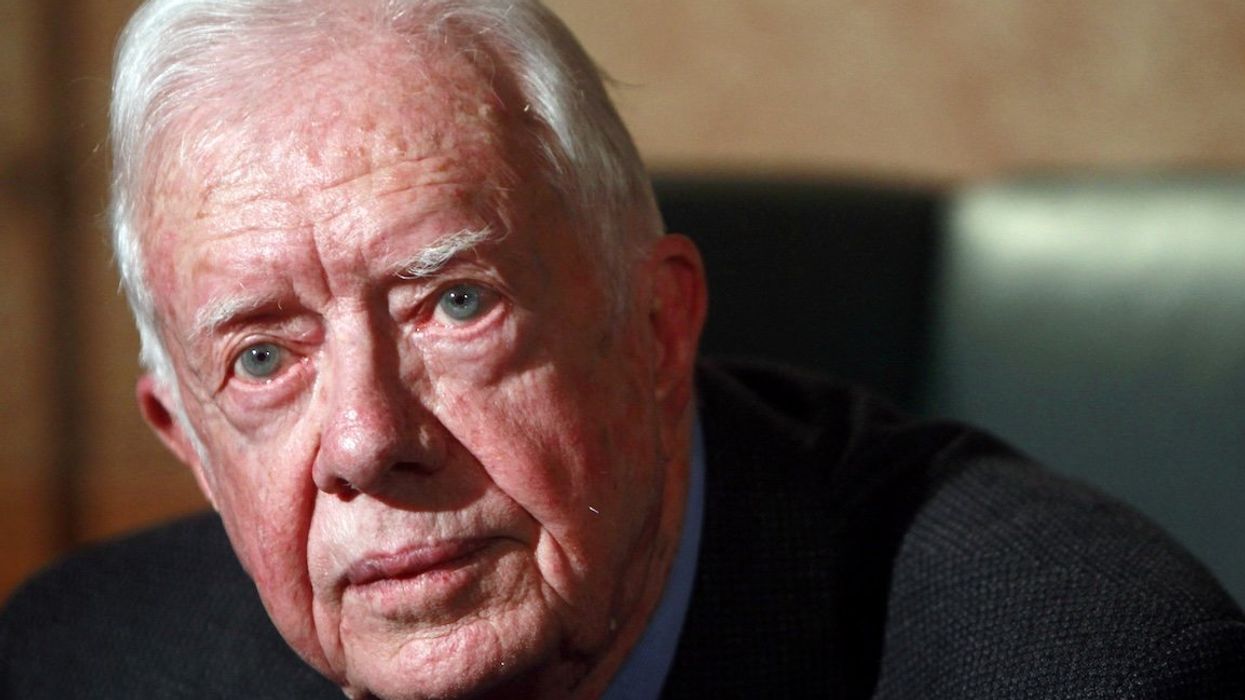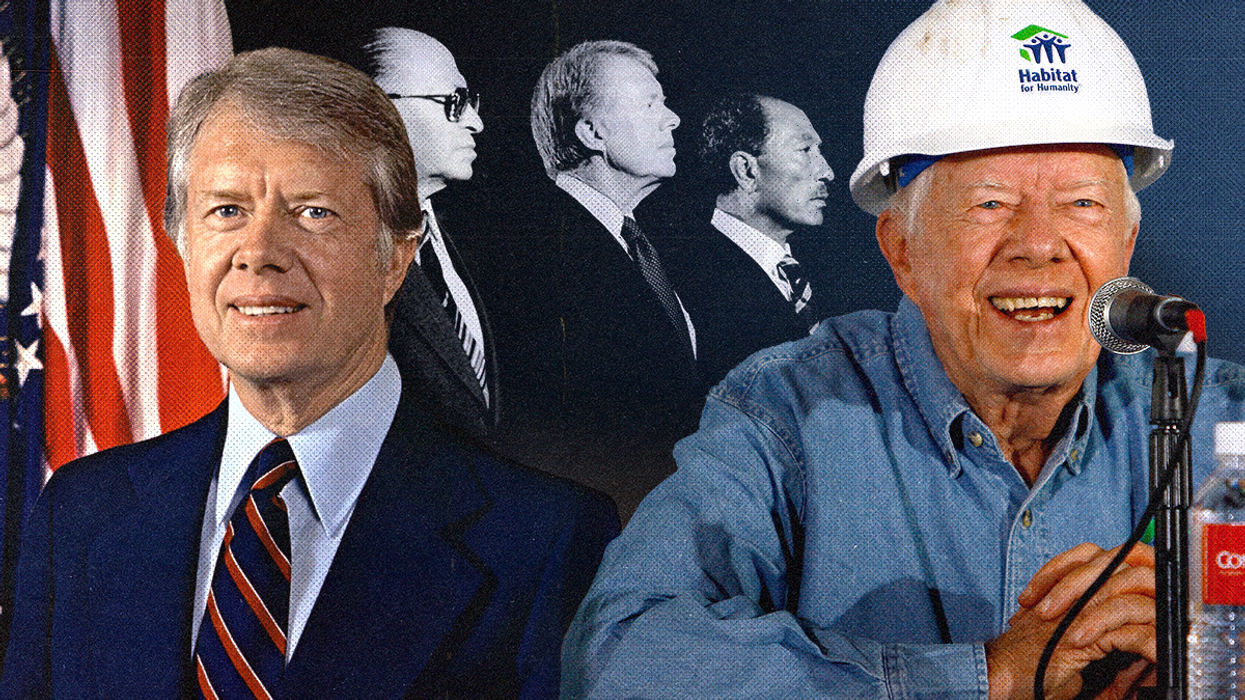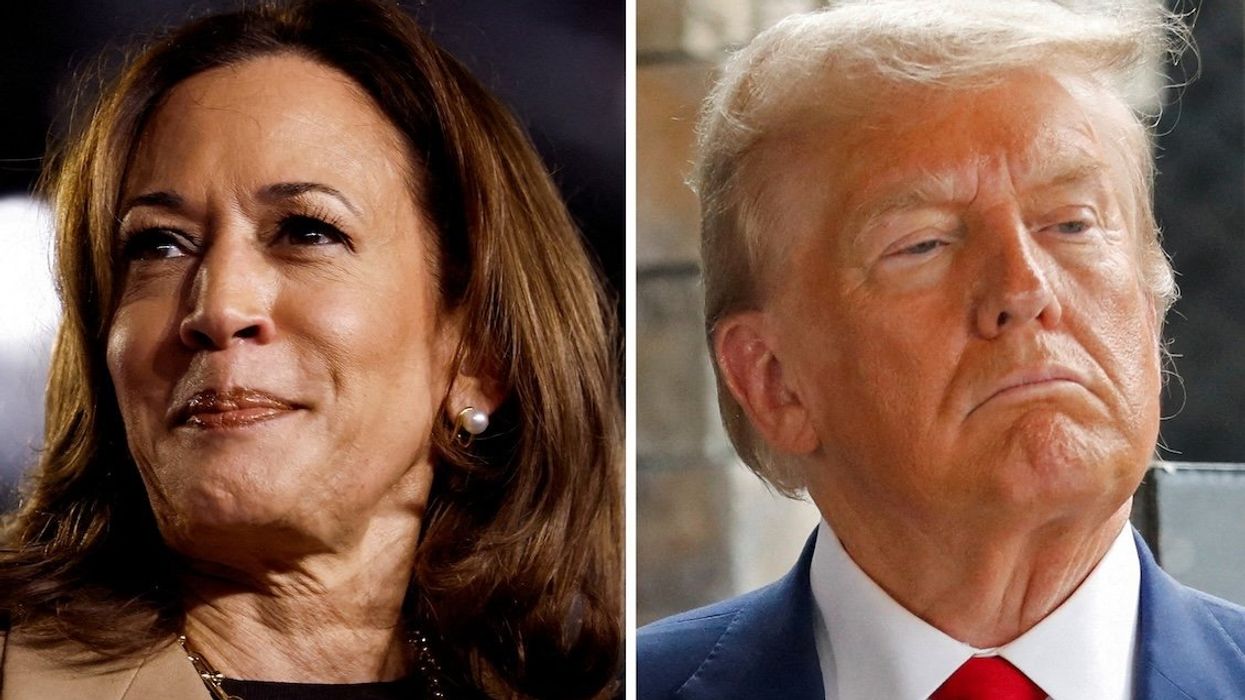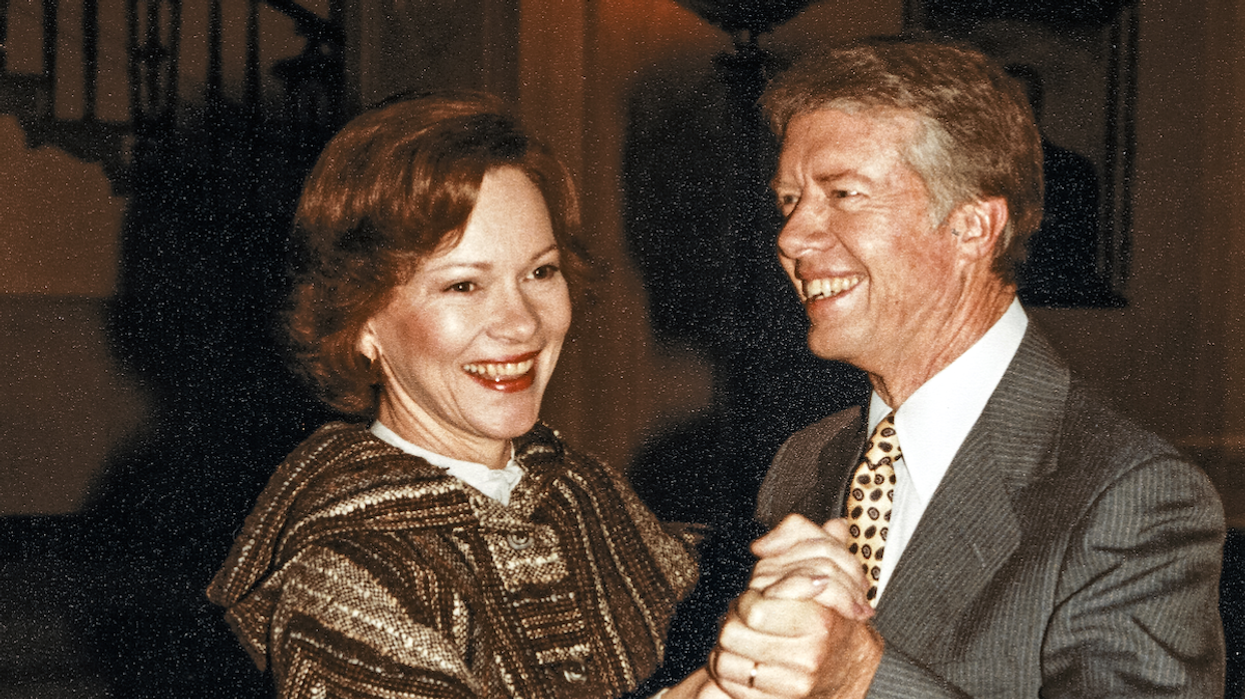GZERO Explains
GZERO Explains: How did the US Department of Education become so controversial?
President Donald Trump has said he wants to close the Department of Education. What is the history of the federal government's involvement in public education, and what impact could the White House have on it?
Feb 17, 2025
